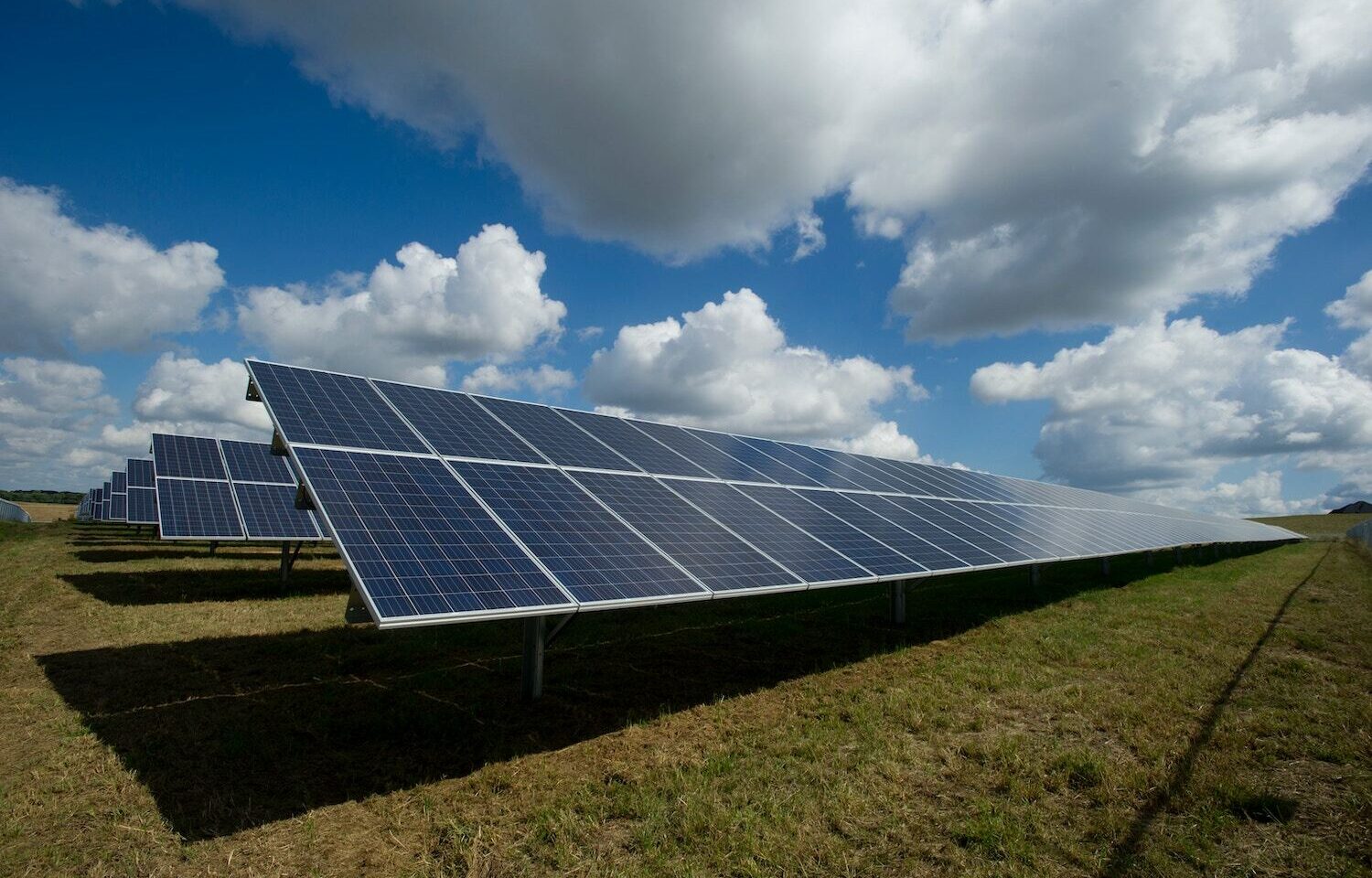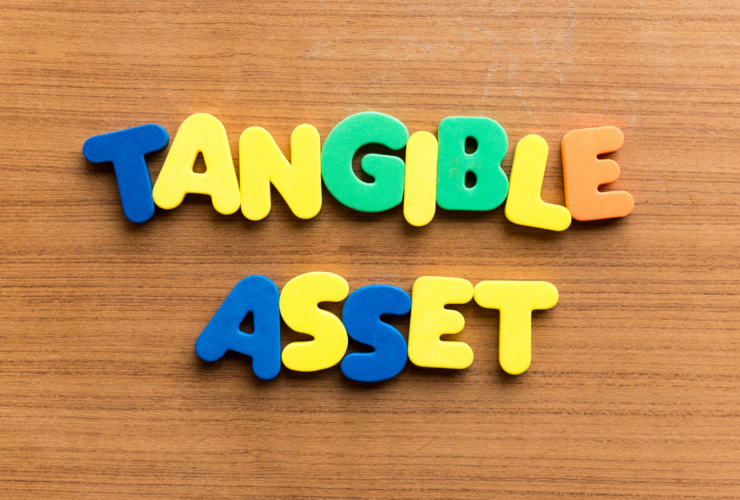What is sustainable investing, and why is it important?
Reducing your carbon footprint and ‘going green’ isn’t a new idea, but did you know that you can be more sustainable with your investments?
If you’re passionate about reducing greenhouse gas emissions and protecting the environment, read on to learn more about how sustainable investing can fit into your portfolio.
What is sustainable investing?
Also referred to as ethical investing, impact investing, and socially responsible investing—sustainable investing is an investment strategy that considers more than just the performance of an investment. It revolves around the environmental and social impact of an investment.
Green energy investments like solar panels or wind turbines are some of the most common forms of sustainable investing. However, this investment strategy also accounts for analyzing and understanding an investment or company’s environmental, social, and governance (ESG) risks. That’s where the term “ethical investing” comes from.
Why is sustainable investing important?
Investors who value socially responsible endeavors will find great benefits in sustainable investments. With climate change and air pollution becoming an increasing factor in many people’s life decisions, adopting an investment strategy that takes these things into account can benefit you financially and help you be part of the issues that are important to you.
Cautious investors may be weary of the success of sustainable investments, but these investments have seen the same successes as their traditional counterparts. Sometimes, they outperform, and other times they miss the mark, but that’s how it goes sometimes with investments—nothing is guaranteed.
With 59% of young adults concerned about the environment and climate change, this form of investing is quickly gaining popularity among millennials and young investors. The more popularity this investment strategy gains, the more it encourages businesses to change their policies and adopt more sustainable practices. It’s a win-win!
2 key forms of sustainable investing
There are many sustainable investments available on the market, but the two most common are ESG funds and sustainable stocks.
ESG Funds
ESG funds are portfolios for which environmental, social, and governance factors have been integrated into the investment process:
- Environmental: Carbon emissions, conservation
- Social: Diversity and inclusion
- Governance: Anti-corruption, diversity
This means that the bonds or equities within the fund have passed a series of tests and criteria to determine the company’s sustainability. The three most common types of ESG funds are ESG mutual funds, ESG ETFs, and ESG index funds.
ESG funds have been around for a while, but they are gaining popularity. Nearly 89% of investors considered ESG issues in some form as part of their investment strategy last year.
Sustainable stocks
Sustainable or clean energy stocks focus on renewable energy sources like wind, solar, or hydroelectric power. With an individual stock, you have full control over the company you invest in. So you can do your own research and due diligence on a company before investing in their renewable energy stocks.
Let’s say, for example, that you’re interested in the electric car market. In that case, Tesla may be your stock option of choice. Or if you’re interested in wind or solar energy, NextEra Energy might be a good fit for your portfolio.
How to choose the right investment
The process of choosing a sustainable investment is the same as choosing any other investment. You start by understanding your investment and financial goals, determining your risk tolerance, and researching investments that fit those criteria.
Every investment comes with its own level of risk. Sustainable investments aren’t inherently riskier than traditional investments, so doing your research and due diligence is important. Review an investment’s financial records and past performance before committing to anything. As an investor, you can also request an impact report showing your investment’s impact on the world.
At the end of the day, choosing the right investment comes down to your individual goals and values. Certain investments, sustainable or not, may seem great on paper, but if you’re not comfortable with the investment or are just not interested in it, it’s not worth investing in.
Is sustainable investing right for you?
It might be! But take a second to think about the state of your finances and your goals. What is your money helping you accomplish? A new home? Financial freedom? Funding your child’s college education? If you don’t have a plan for your money, it’s difficult to decide on an investment.
Is it important where your money goes if it helps you achieve your goals? Sustainable investing isn’t just about the environment and greenhouse gases; it’s also a focus on where your dollars go and what you are comfortable with.
Disclaimer:
This material is intended for informational purposes only and should not be construed as legal or tax advice. Information here is not intended to replace the advice of your investment advisor or financial advisor. This information is not an offer or a solicitation to buy or sell securities. This information may have been compiled from third-party sources and is believed to be reliable. All investing involves risk, including the loss of principal.




